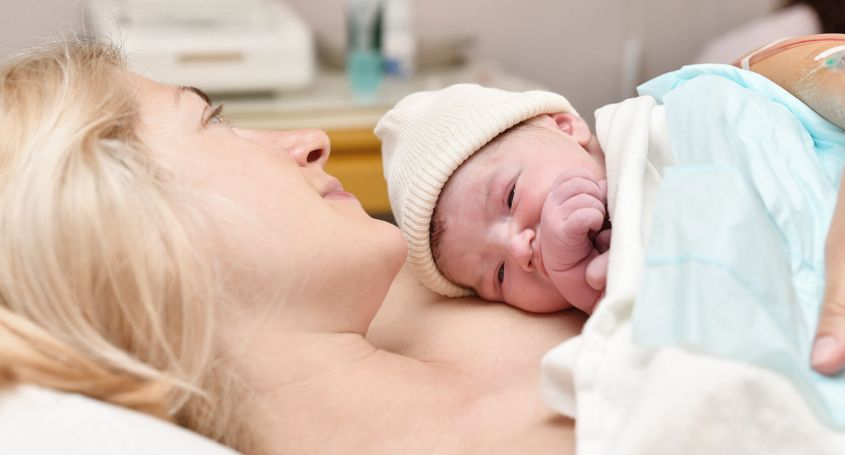Infection with the human papillomavirus (HPV) is one of the most common sexually transmitted diseases. But can HPV affect fertility in any way? To find out, keep reading!
What is the human papillomavirus?
HPV is a virus that affects, at some point in their lives, 80% of sexually active women. Risk factors for contracting the infection are the age of first sexual intercourse, number of sexual partners, coinfection with the human immunodeficiency virus (HIV), among others. In most cases, the immune system itself is able to overcome the infection after some time (between 6 months and 2 years), although in a small percentage of cases, it becomes persistent and increases the chances of developing a carcinogenic process. In fact, 99% of cases of cervical cancer are caused by HPV.
How can HPV affect infertility?
HPV does not produce sterility on its own. However, some recent studies have revealed that coinfection with other pathogens, such as Chlamydia trachomatis, may increase the risk of tubal infertility. Also, in men, it has been observed that HPV infection can decrease significantly the semen quality. Therefore, it is important to know, from an eary age, the importance of HPV prevention and take the necessary measures to avoid contagion, such as the HPV vaccine if it is appropriate.















